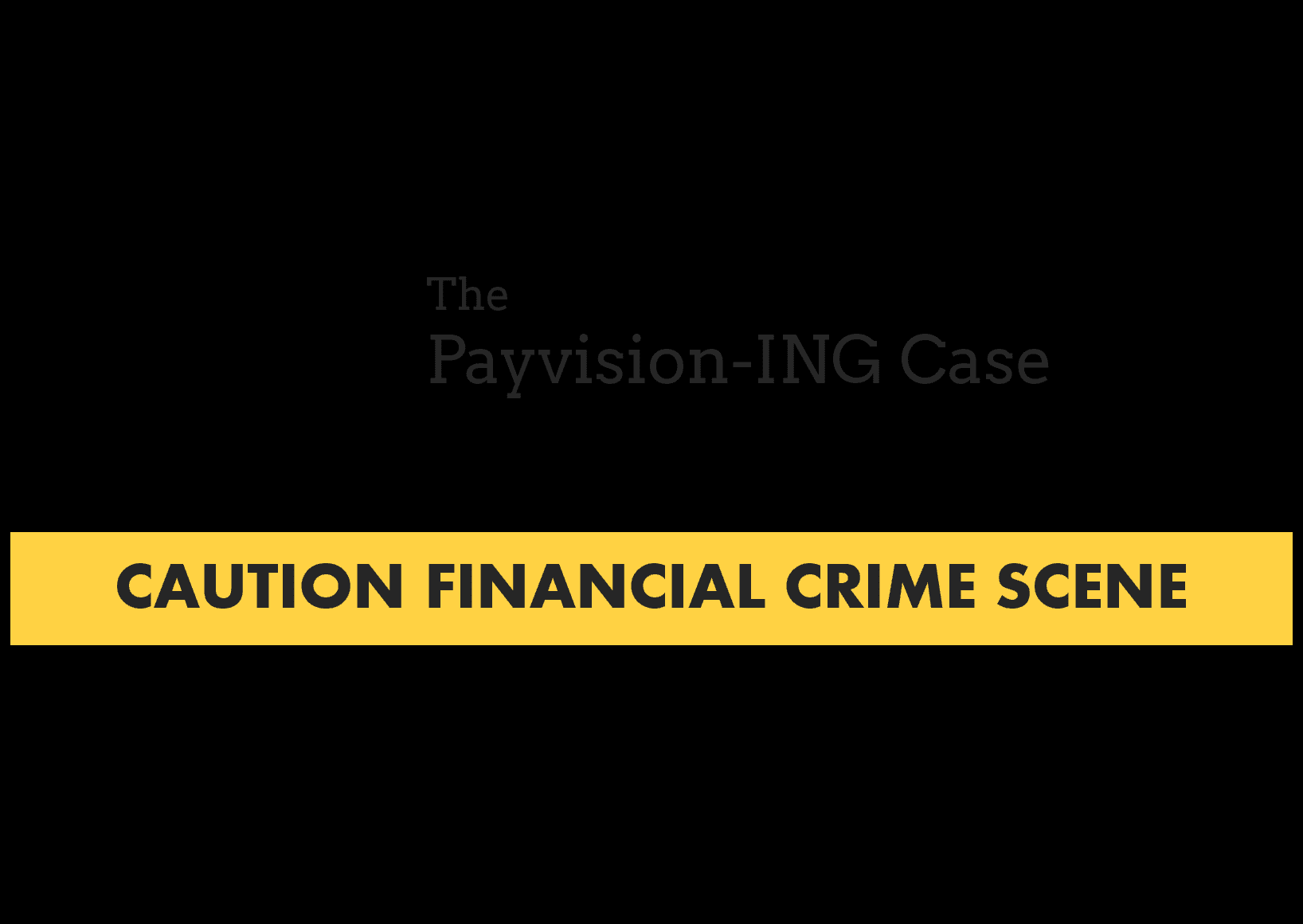In an open letter, the Dutch Investors’ association VEB has asked ING to clarify the criminal case pending against its subsidiary Payvision. FinTelegram reported that this high-risk payment processor, founded by Rudolf Booker, was taken over by ING in 2018 despite its involvement in money laundering and cybercrime facilitation. The Dutch regulator DNB investigated the 2015 to 2020 timeframe at Payvision and filed a complaint with FIOD, the law enforcement agency responsible for financial cybercrime (report here).
Critical Questions
VEB director Gerben Evers, a former board member of the Netherlands Authority for the Financial Markets (AFM), wants to know, among other things, what consequences the criminal case could have for ING and its shareholders and wants the bank to account for “its own actions, timing of reporting and responsibility in this case.” He asks whether the bank has found irregularities in its due diligence before the takeover, and if so, how it has dealt with them. ING paid €350 million for the company and later wrote off all goodwill.
However, it is clear from the article that Payvision has accepted customers who engage in illegal activities and has continued to do so after ING gained control. How can one be reconciled with the other?
Gerben Evers
Under the tenure of former CEO Ralph Hamers, ING took a 75 percent stake in Payvision in 2018 and bought the rest of the shares in 2019 and 2020. The investigation would concern matters that occurred from 2015 to 2020. ING decided to close Payvision in 2021.
ING Allegedly Knew!
According to investigative findings, Payvision‘s reported practices continued after its acquisition by ING in 2018. This is consistent with our findings. Former Payvision clients and partners have confirmed to FinTelegram that ING‘s risk management was involved in Payvision‘s business and was aware.
Not New To Money Laundering
ING is not new to money laundering. In 2018, ING was fined EUR 775 million for serious negligence in preventing money laundering in another case. The bank admitted criminals had been able to launder money through its accounts. Dutch financial crime prosecutors said ING violated laws preventing money laundering and financing terrorism “structurally and for years.”
